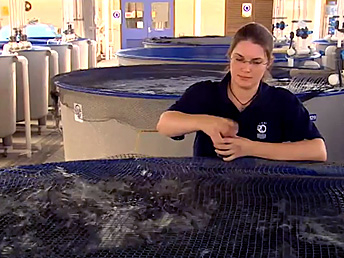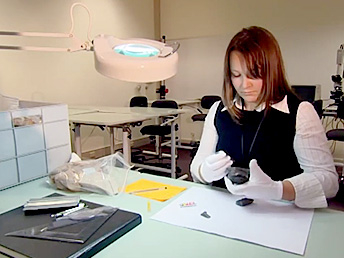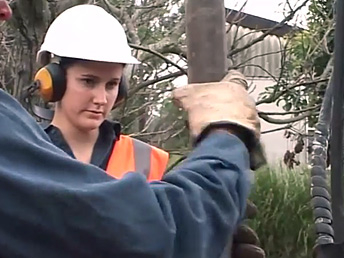
Agricultural Scientist
As an agricultural scientist you will probably find yourself working across the office, laboratory and glasshouse. You will also likely spend time out in the field collecting samples and data.
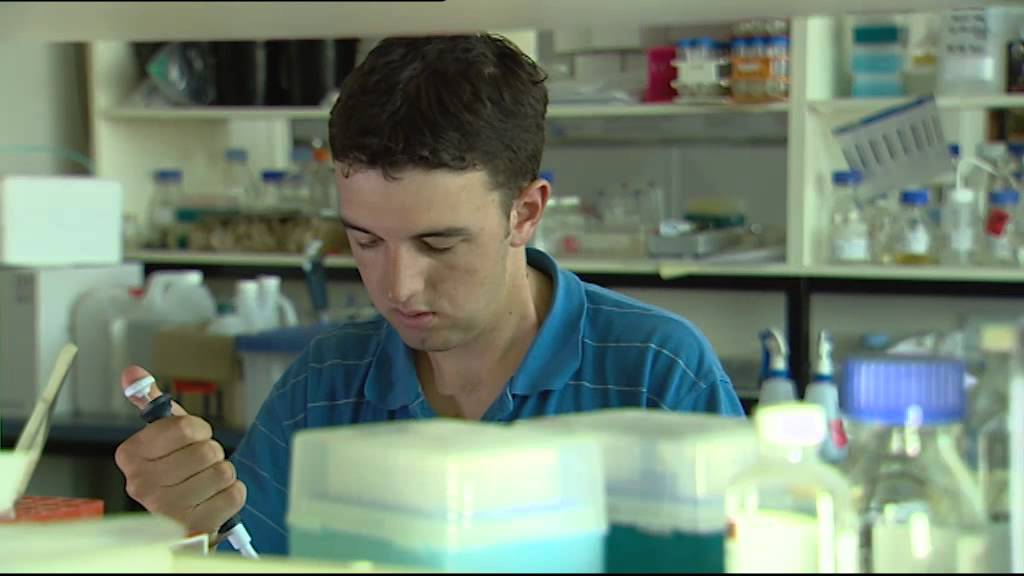

What the job looks like
Salary expectation
starts at $50,355 up to $98,403+

The good
- Wide variety of tasks
- Spending time in the lab, glasshouse and out in the field
- Travelling to interesting locations
- Making new discoveries with positive impacts
The not so good
- Long days and hard work
Many agricultural scientists focus on studying the DNA of the various plants, looking for any particular gene that makes one plant perform better than another.
You could find yourself employed by the government, agriculture and horticulture producers, farmer groups and agribusiness to do research, and even by mining companies working on regeneration.
As part of your role you might plant trial crops, undertake greenhouse experiments and collect data for analysis. You could also study the DNA of various plants.
With global food demand increasing, the job prospects for agricultural scientists are very good.
You’re in the lab, you're in the glass house, you’re out in the field... You’re always doing something different.
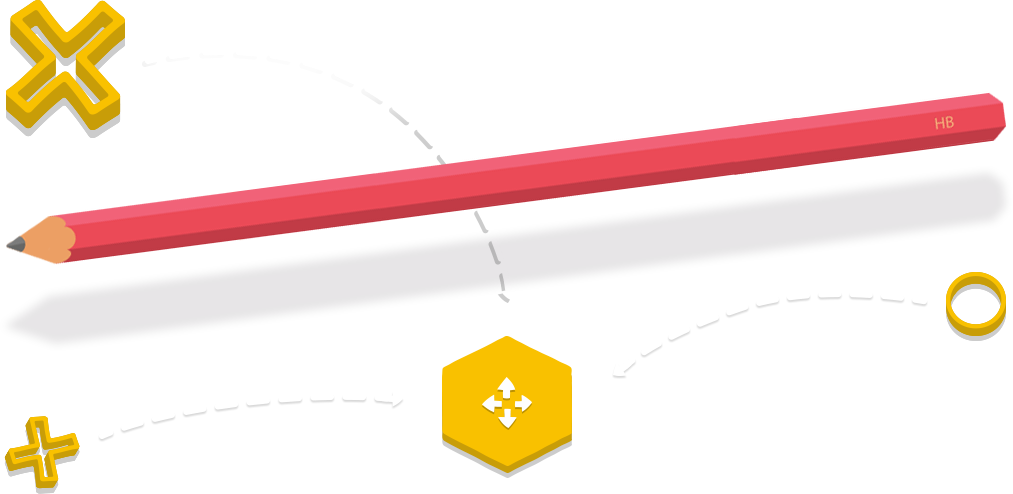
Pathways to this career
Subject suggestions for the HSC
Choosing your HSC subjects from this list could really help with your career. Think carefully about what you want to study after school as you might need to choose specific HSC subjects for that course and to count towards your ATAR (Australian Tertiary Admission Rank). An ATAR is your academic rank in relation to other HSC students and helps with University admission.
HSC subjects
Some subjects will count towards your ATAR, others will not. Check with your career advisor before making subject selections.
- English (Advanced or higher)
- Mathematics (Unit 2 or higher)
- Chemistry
- Biology
- Earth and Environmental Science
- Agriculture
- VET Primary Industries
What can I do after I have finished school?
University degrees
Studying one of these degrees can help with your career.
- Bachelor of Biotechnology
- Bachelor of Science
- Bachelor of Agricultural Science
Suggestions
Check out The Australian Institute of Agricultural Science and Technology and Australian Institute of Horticulture for more information.
- Make sure you include biology and chemistry as part of your studies
- Get work experience with an agronomist or agricultural research company to make sure this is a field you are interested in and to start exploring potential areas of specialisation
- Keep an eye on your local rural paper for opportunities
- Go to career expos and events like university Open Days for information about what you will study
